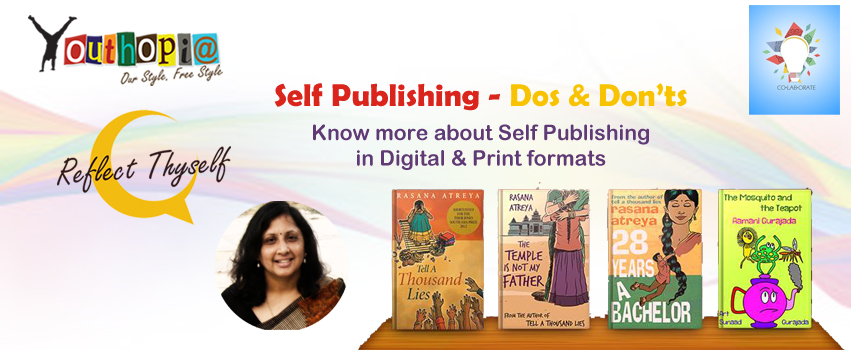Choosing Your College Course: For Love or Money?
Applying to colleges is a very stressful thing for most people. I, for one, was a tightly wound ball of anxiety – filling out applications, writing essays, worrying about fitting in and making friends. On top of that, there are all those annoying questions and comments on your biggest life decision from family, friends and relatives, offering “helpful” and “wise” words about what field you’ve chosen to get into and what opportunities there are after graduating.
Odds are: if your aim is to go into the medical, engineering, or business fields, you’ll be met with nothing but beaming approval from all sides. However, if you have a more artistic turn of mind, be prepared for a storm of skeptical glances and uncertain questions about your future. Especially if you happen to be going abroad for an arts subject – at which point you may as well inform your non-plussed uncles and aunts that you’re flying to outer space to study Martian culture. Here is an excerpt of a conversation I had with a clueless relative not too long ago, which repeats itself every time I attend another family function
Uncle: So I hear you’re going to New York for college! For what course?
Me: English literature, uncle.
Uncle: *blank stare followed by squinting eyes* You’re going abroad for English?
Me: Um… yes, uncle.
Uncle: But why? What scope does it have?
Me: There’s a really wide variety of jobs you can get into. I’m going to study it because I’m passionate about it, and I want to make a living doing what I really love!
Uncle: Well, I really love idly and dosa, but you don’t see me working at Saravana Bhavan!
Me: *facepalm*
I’m sure every one of us studying the arts and humanities has had this conversation at one point or another. It’s sad that society (including parents, relatives, and teachers) force us to defend the right to pursue our interests and emphasize job security above everything else. It isn’t fair to the science students either, who by that criteria, look like passion-starved robots who just want piles of money and a comfortable job (which I’m not saying they are)!
We need to stop judging people’s choices and let them go after whatever gets their pulse racing. Love the way carbon combines with hydrogen in all those different forms? Looks like you’re one of the ten or so people on the planet that can bear to study organic chemistry! Do you salivate at the prospect of spending your time poring over the nation’s laws and settling disputes? Stop watching Boston Legal all the time and start looking up law schools. Let’s say you’re really interested in medieval history; that’s great! You’ll develop a unique perspective on the world and spend your days learning about epic battles and ancient cultures, à la Game of Thrones.
But wait, I’m sure you must be thinking, ‘How can I guarantee a comfortable lifestyle with a degree in a weird subject that most employers won’t appreciate?’ Unless you’re one of the lucky few whose true passion lies in a very lucrative field, sooner or later you’ll face the dilemma of following the money or doing what you really love.
For one thing, you’ll probably spend a good eight hours (sometimes more) per day at work. That’s forty hours a week. Do you really want to spend forty hours a week doing something you hate? Experts say that we spend our time more freely than our money, based on experiments where participants were told to place bets with cash and then units of time.
The results showed that they took far bigger risks with their time, because the value of the time that you have left in your life can’t be measured exactly, unlike the value of money. But as we all know, time is the commodity that we can’t ever collect more of, so why treat your time as less important than your money?
Secondly, you’ll be far more motivated doing something you love and go farther in your career as a result. If you love something, you’ll practice it a lot and eventually become good at it. If you’re good at it, you’ll gain appreciation for it and end up really loving it. It works to your advantage both ways. And aren’t both of those scenarios much better than doing moderately well at something you don’t even like?
Work doesn’t have to be boring or difficult. Everyone has something they’re good at. Hopefully that something can be followed as a career path for you. And even if it can’t, I hope you follow it anyway, as a hobby or project or something. Because there’s a lot to be said for friends and family, but ultimately I think it’s your passion, work, and true calling that anchor you in life.





